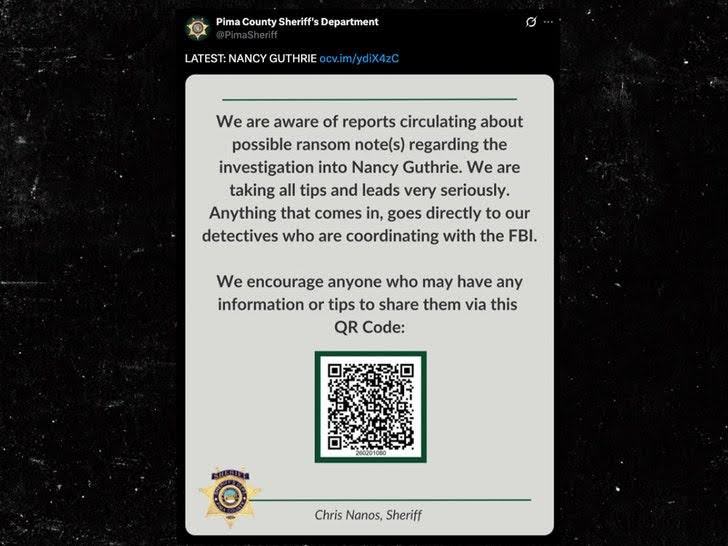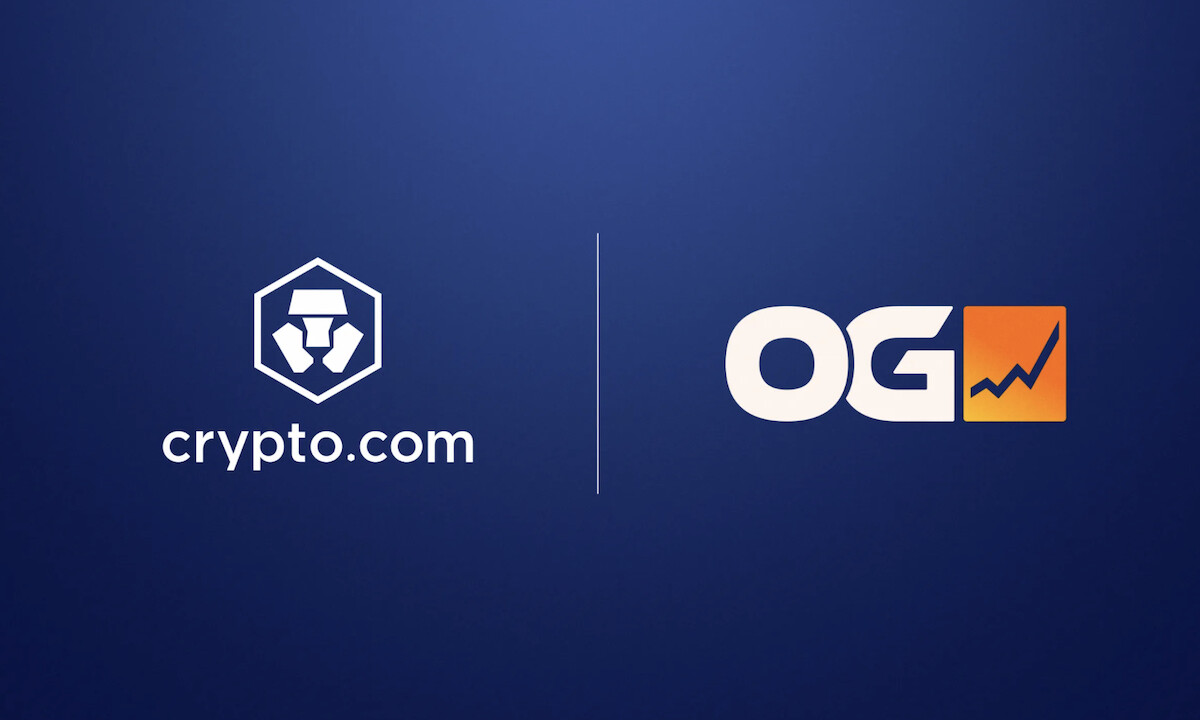2018-10-11 14:05 |
Syria is being weighed down by economic sanctions and one of the country’s Northern town’s is considering cryptocurrency as a way to overcome them.
The town, called Rojava, has been designated as part of the Democratic Federation of Northern Syria. After years of civil war, the region is now battling economic sanctions from all of the countries around it. The city’s current currency is the Syrian Lira and it is also the state’s official currency. However, some are looking to an alternative to overcome the statewide sanctions. According to Erselen Serdem, a technological development manager in the one of the city’s programs, cryptocurrency could be an alternative.
Rojava is also planning on implementing new technology academies and self-governing communes. The city is emphasizing cryptography and cryptocurrency. Amir Taaki, an early bitcoin developer and revolutionary, is helping with the developments.
Coindesk reported that Taaki is working to establish a European-based technological academy in Barcelona.
As Taaki reported,
“[Rojava is] a revolutionary project that wants to build a new society based on anarchist principles, and that means law, defense, society, and culture.”
The academies are based upon the philosophy of Kurdish political theorist Abdullah Ocalan, who believes in a concept called “Democratic Confederalism.” According to Serdem, cryptocurrency is a necessary component to achieve the vision.
As he stated,
“You need technology to spend less water, you need technology to have an equitable relation with the earth, you need technology to use networks, like the blockchain. We see blockchain as a practical network in society that people use.”
Though establishing a cryptocurrency in the region is certainly an ambitious project, Serdem believes that the region, due to its ability to overcome conflict and war, may be able to organize effectively and to set an example for the world.
Serdem continued,
“We have to think deeply about the future of the new system, and how the people can arrange and manage resources democratically without any form of centralization.”
Currently, the region’s currency is based on paper. Taaki discusses that due to the paper currency, large infrastructure exists to develop the currency. There is also high inflation, and together, locals tend to depend upon cash to secure trades.
The economic sanctions imposed by bordering countries also make money transfers challenging because they are ridden with high fees.
As Taaki stated,
“The cost of making a transaction with Istanbul is currently 10 percent. We believe that with cryptocurrency we can make this 2 percent globally, not just with Istanbul.”
Taaki believes that the first step is to equip local currency exchanges with bitcoin and to provide residents with wallet software in the local language. Also, payment infrastructures like bitcoin’s lightening network or a custom payment network can be deployed for faster, more secure, and cheaper trades.
There is also research being conducted into other potential solutions, such as cryptocurrency transmission by radio and paper-based currencies that are connected to crypto.
Taaki explains,
“Not everybody has mobile phones, so we see research into paper currency as an important project.”
Though there is a lot of work to be done before cryptocurrency can be established in the region, Taaki and Serdem have emphasized that the work is necessary to ensure that Rojava can remain autonomous from other countries.
As he explains,
“We do not like to depend on the Syrian government money, which is state money, we want to trade our own cryptocurrency.”
Serdem continued that an underlying analysis is necessary before cryptocurrency can be implemented. As he explained,
“It’s all about resources. To create academies you need to have a resource, to make blockchain network we also need resources. We need to calculate all the resources and use it in the process.”
Rojava’s society is based on cooperatives. For instance, there are cooperatives that perform roles in healthcare, agriculture, media, and the arts. The networks are comprised of volunteers. According to Taaki, the technological committees will be able to establish local cryptocurrencies that allow the cooperatives to engage in trade and to issue financial instruments for fundraising.
In his words,
“The cooperatives can trade with each other based on currencies that are pegged to a basket of goods, or just free floating in the market.”
The technological committee may be able to deploy blockchain beyond the finance industry too.
Serdem stated that blockchain can be used for governance infrastructure allowing for distributed, democratic control and a high level of transparency.
He mentioned,
“With technologies like blockchain we can have a system, like a network, between all the communes we’re going to create in the future.”
He continued,
“With the base of the blockchain we can create a process of self-administration. We can distribute all the roles in society.”
The aforementioned tools are what Rojava wishes to implement to create a democratic society. Serdem emphasized that the change to a democratic society will take place not through violent means, but a free and open manner that operates in tandem with technology, self-administration, and self-governance.
As he stated,
“We do not use force to develop this idea, it is about evolution.”
He continued,
“We know that there are many people with the expertise and with the philosophy. They know very well the current system doesn’t work. Globally, it doesn’t work.” And “Rojava can be our first step of how we can be captain of our planet which is occupied by the old system.”
origin »Bitcoin price in Telegram @btc_price_every_hour
Global Cryptocurrency (GCC) íà Currencies.ru
|
|




